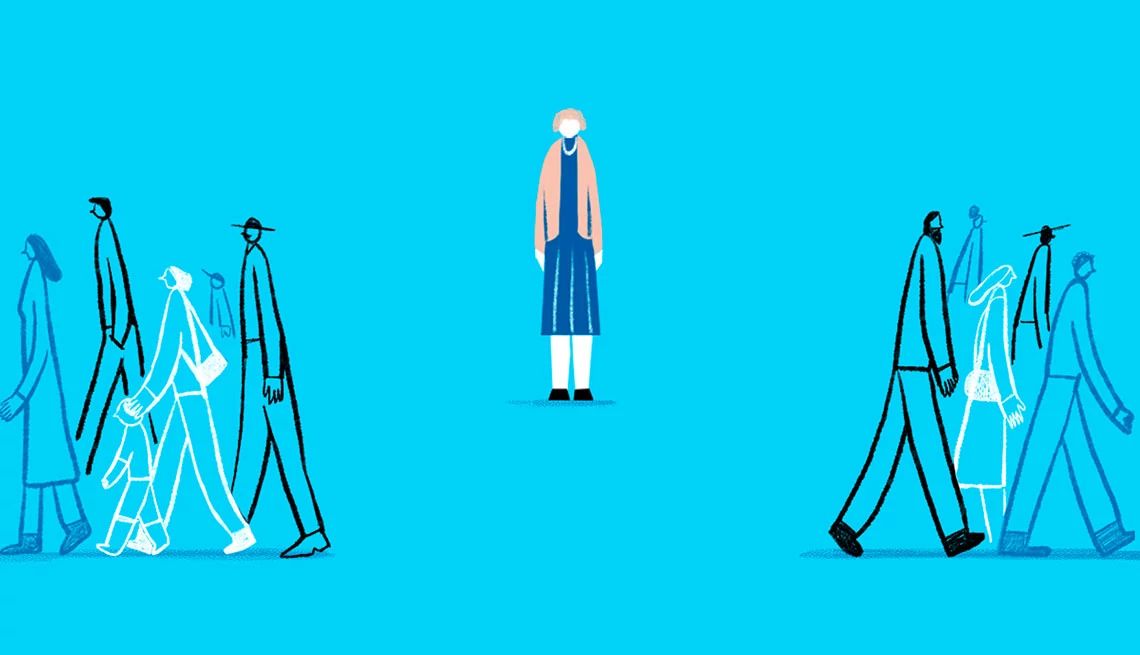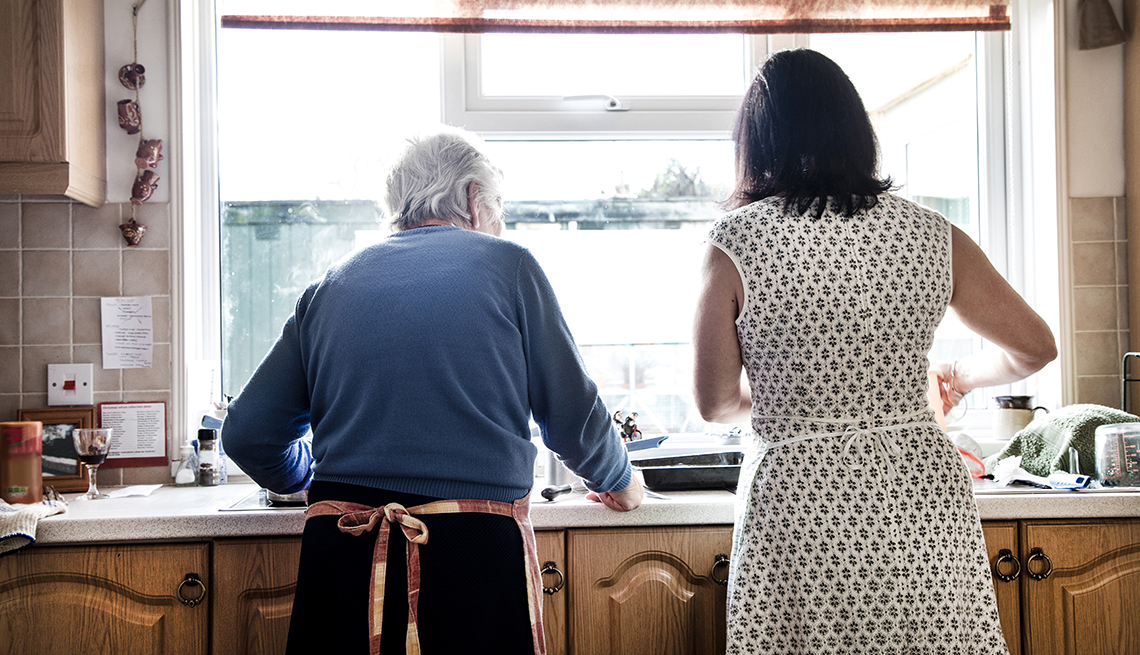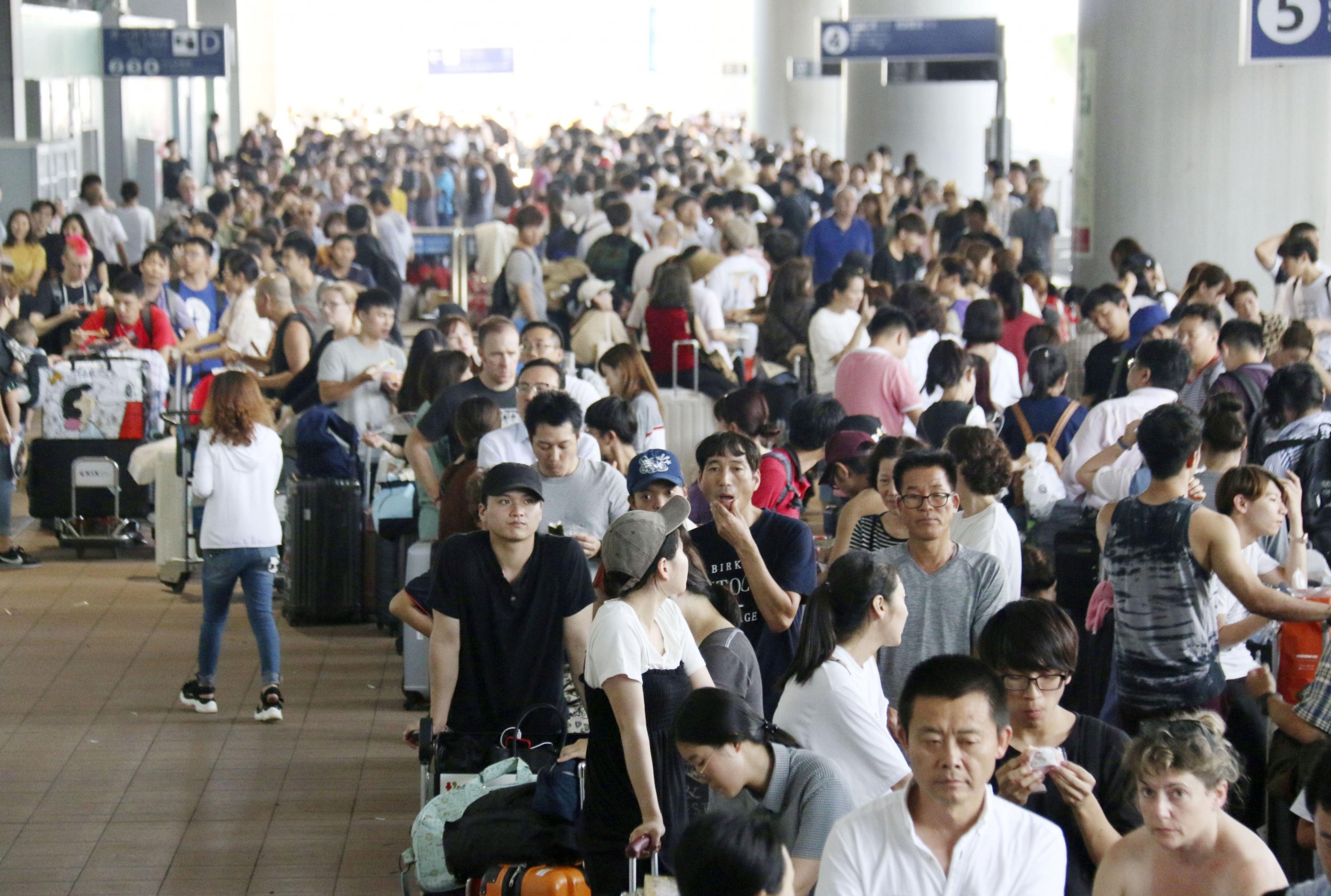
- Select a language for the TTS:
- UK English Female
- UK English Male
- US English Female
- US English Male
- Australian Female
- Australian Male
- Language selected: (auto detect) - EN
Play all audios:
When my husband died, we held a celebration of life for him instead of a traditional funeral. It was scheduled two weeks from when he died, to accommodate our oldest son’s law school
schedule and allow ample time for people to travel. My mom came and two of my sisters. One sister claimed that she couldn’t come because she had out-of-town guests visiting — which I later
learned was not true. The other sister announced on Facebook, “Wow — I just found out on Facebook that my brother-in-law died! Rest in peace!” but she never made any effort to contact me.
Not once. An aunt shared the news with my brother at my request, but I have not heard anything from him. Families are complicated. My relationships with two of my siblings have been strained
for a while. But I always thought that given the times we’d rallied to support others as a family — through divorces and house fires and pregnancy losses and layoffs and other tragedies —
in my time of need, that would come back to me as well. Because that’s what families do, right? In the early months after my husband’s memorial service, I got a few calls from my mom, and
one sister called biweekly. But almost a year after his death, I am more alone than I have ever been. I am back to having to initiate any type of contact with my mom, and I haven’t spoken
directly to any of my sisters since June. ABOUT _THE ETHEL_ _The Ethel _from AARP champions older women owning their age. Subscribe at aarpethel.com to smash stereotypes, celebrate life and
have honest conversations about getting older. I have friends and coworkers whom I interact with regularly, and my sons are probably a little more communicative than average college students
(which is fine, there should be no pressure on them to keep me company), so I am not alone alone. There’s nothing that can ease the ache inside for my soulmate. I find those of us in this
unlikely position often say, “I’m lonely for my person. It’s different than just being lonely.” I am also lonely for the family I had when I was young — for those sisters who would descend
on me for life’s biggest moments, such as graduations and weddings and births, whether I wanted them to or not; for my mother who would insert herself into everything, whether I wanted her
to or not; and for a house full of chaos and laughter and noise so loud I had to shout to be heard, whether I wanted to or not. Now, the only voice I hear is my own. Even though I probably
sound a little bitter, I’m working to make peace with that. Though the saying “You can’t choose your family” is true, I think it’s also true that you can build a chosen family. That’s what I
am aiming to do. And maybe in this one, I won’t have to be the loud talker. _AARP essays share a point of view in the author’s voice, drawn from expertise or experience, and do not
necessarily reflect the views of AARP._








